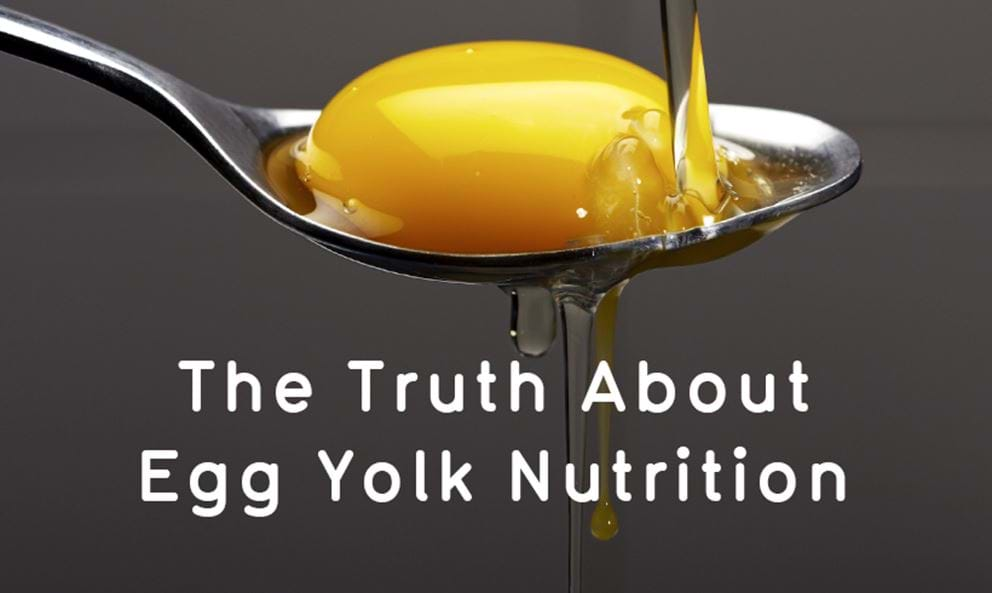The truth about egg yolk nutrition

We all remember the images and a chorus of gasps as a young Slyvester Stallone guzzled raw eggs as he shared the secret to his ripped, body builder physique. But despite the controversial admission, his dedication was admired far and wide, as gym bunnies rushed to their nearest supermarket to stock up on their free range favourites.
Eggs in the Spotlight
As an invaluable source of protein, these breakfast staples have long been hailed as the perfect post-workout weapon to aid muscle repair, and build a lean physique. But what goes up must come down, and eggs certainly did after scientists put them firmly in the spotlight as the culprits for high cholesterol (which leads to heart disease).
As a result, egg yolks were tossed aside as fitness fanatics and bodybuilders consumed the high protein whites alone, in a bid to bulk up while dieters embraced the popular egg white omelette in a bid to slim down.
Fast forward 25 years and it's now become clear that trans and saturated fats actually have the greater impact on our blood cholesterol than eggs alone, throwing what we know into disarray. So before we separate our sunny sides, let's look at the pros and cons.
For:
· Egg yolks contain over 80% of the overall vitamins and minerals that can be found within the egg as a whole, such as:
- Iron (needed for energy)
- Potassium (helps to maintain a healthy balance of fluids in the body)
- Folate (helps create normal red blood cells)
- Selenium (contains antioxidants that protect our cells from damage)
- Vitamin A (promotes growth, the immune system, reproduction, and vision)
- Vitamin E (acts as an antioxidant, helping to protect cells from the damage caused by free radicals)
- Vitamin B (helps convert our food into fuel)
- Vitamin D (to absorb calcium and promote bone growth)
- Biotin (helps keep your skin, hair, eyes, liver, and nervous system healthy)
- Choline (important for liver function, normal brain development, nerve function, muscle movement, supporting energy levels and maintaining a healthy metabolism)
· Egg yolks contain the long-chain omega-3 fatty acid DHA, which is necessary for the brain, and proper retinal function in the eye.
· One large egg has roughly 186 milligrams of cholesterol (our daily allowance is 300mg) — all of which is found in the egg’s yolk.
· 90% of an egg's calcium and 93% of its iron content is in its yolk compared to just 7% in the white
· Choline breaks down into bethane, which is used during the methylation cycle and produces 'happiness' hormones.
· In 70% of people, eggs don’t raise cholesterol at all.
Against:
· Those who have cardiovascular disease, diabetes or a high LDL ("bad") cholesterol level should limit their egg consumption.
· Even though egg yolks are certainly a health food, they haven't been cleared for unlimited consumption. Scientists recommend around 4 or 5 a week.
Verdict:
Although eggs have got a bad reputation, the pro's far outweigh the cons, and to cut them out of your diet would mean eradicating a host of vital vitamins and minerals from your body. If you're sceptical, opt for a half-half mixture of whites and whole eggs, but otherwise, go for the sunny side up.


